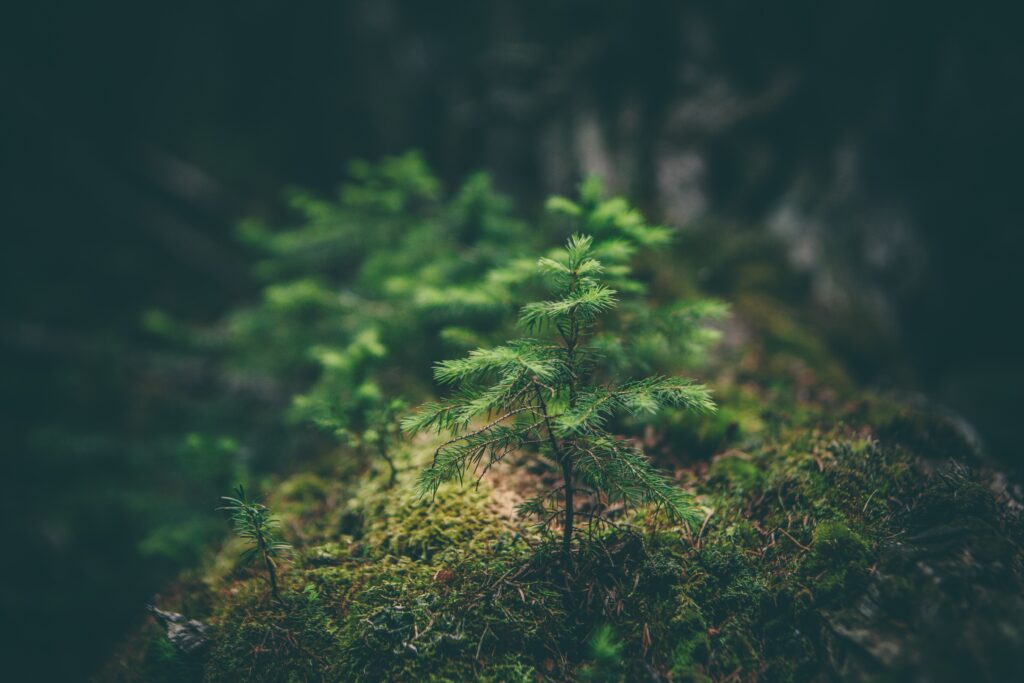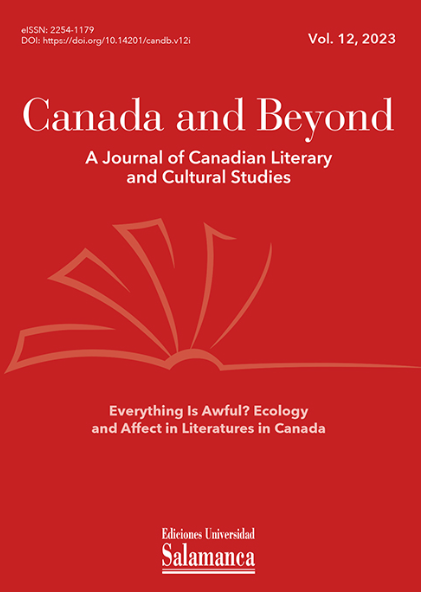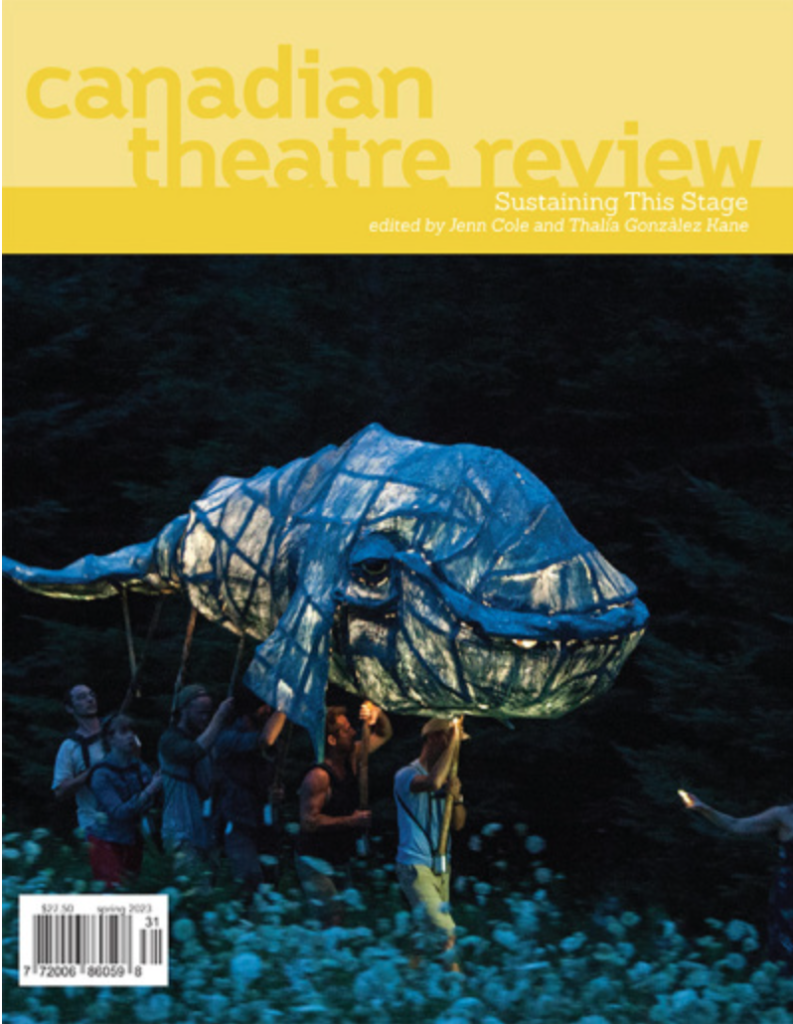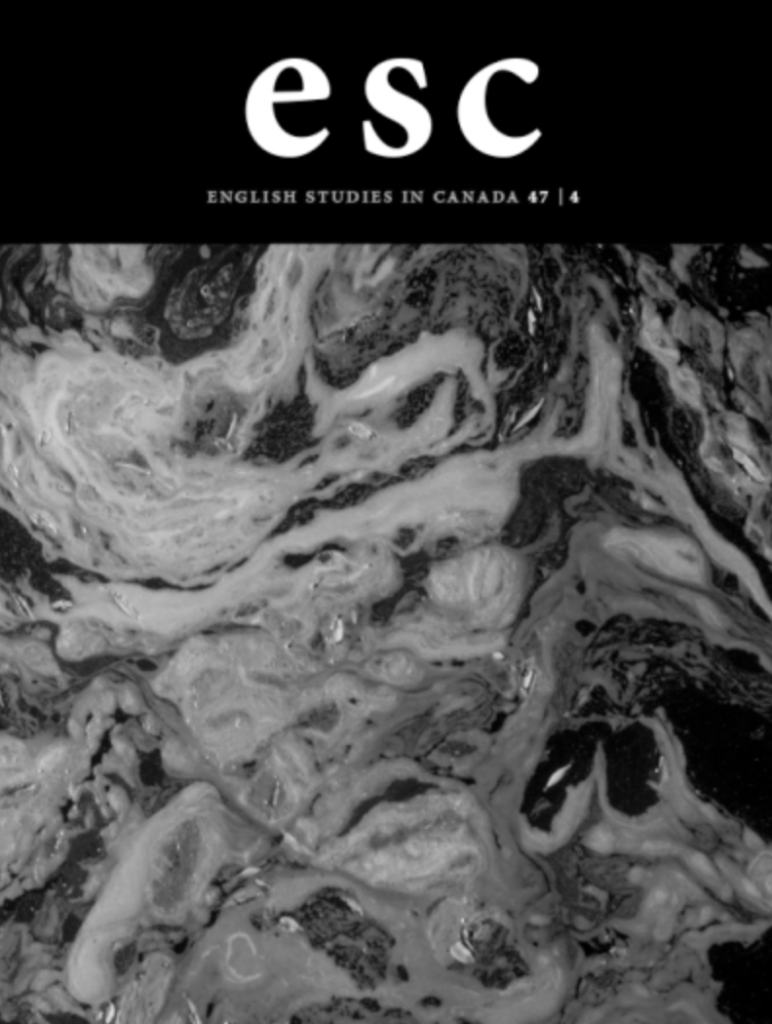
McMaster University | Department of English & Cultural Studies | PhD Candidate
| Research Areas: Decolonial Studies, Social Justice and Community Engagement, Indigenous Studies, and Environmental Humanities. |
Zahra Tootonsab is a Ph.D. candidate in the English and Cultural Studies Department at McMaster University specializing in Environmental Humanities. She is a poet and the author of The Aftertaste. Her SSHRC-funded doctoral project is interdisciplinary and uses poetry to explore the relationship between sheltering and decolonial flourishing. She uses a combination of research-creation, close reading, and participatory community research to chronicle practices of Indigenous sheltering in so-called Canada and Iran as a decolonial global phenomenon that can help human and more-than-human beings survive global environmental change. Tootonsab’s sheltering ethics and poetics are inspired by the Bakhtiari nomads of Iran. Her PhD research-creation approaches shelter-making through a political position as a settler living in so-called Canada and a marginalized person of colour with ancestral ties to the Bakhtiari nomads of Iran. Her project contributes to the ongoing conversations on water/land stewardship and multispecies interconnection. She is a research assistant in this project.
Selected Publications

Tootonsab, Zahra. “‘Niagara as Technology’: Rupturing the Technological for the Wordy Ecologies of Niagara Falls.” Canada and Beyond a Journal of Canadian Literary and Cultural Studies, vol. 12, 2023, pp. 63–84.
Tootonsab examines how colonial language and words inspire the logic behind resource extraction, appropriation, and exploitation. She creates a collection of found poems to argue that Niagara Falls is not a “compromised” space but a hub of ecosystems coming into being. Her poetic techniques emphasize the arbitrariness of colonial practices that classify beings as successful, political, and economic gains or progress. As such, she uses various methods to think with water and Indigenous modes of healing with Niagara Falls.

Tootonsab, Zahra. “‘How Tremendous Are Your Deeds!’: The Reluctant Celebrity and Affective-Feminist Life of Forough Farrokhzad.” Canadian Theatre Review, vol. 194, 2023, p. 78-80.
Tootonsab discusses the life of the prominent feminist poet Forough Farrokhzad, who wrote about the intimate secrets, yearnings, and sorrows of Iranian women during the late twentieth century. By examining Farrokhzad’s film, The House Is Black, she explores how Farrokhzad’s affective-feminist energies extend beyond an individual body and specific timeline to an indeterminate horizon and collective life that imagines new possibilities for the Iranian people, weaving together Iran’s past, present, and future milieux.

Tootonsab, Zahra. “An Ethical (S)Pace/ Water is Life Project: Restoring the Athabasca River Ecosystem through Indigenous Self-Determination.” English Studies in Canada, vol. 47, no. 4, 2021, pp. 109-117.
Tootonsab investigates the tensions between Western science and Indigenous knowledges and offers a thought-seed for an ethical (s)pace between the two intellectual traditions. She suggests a community project named “Water Is Life” to encourage ethical modes of learning and teaching about the issues of water pollution in so-called Canada and how it affects Indigenous communities. She argues that an ethical space and pace for healing and learning with Indigenous knowledges can help diversify the environmental humanities to include practical and collaborative modes of tending to the land, animals, waters, and other beings.
